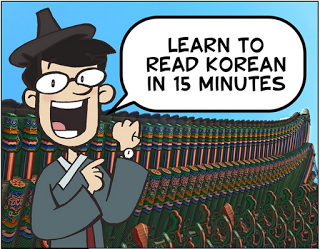Most school administrators are doing a great job, and are generally motivated by concern for their students. But this concern sometimes makes them do silly things. Like this:
School bans phones at breaks
Prestigious girls’ school Penrhos College has banned students from using mobile phones during their lunch and recess breaks because of concerns students are losing the art of conversation.
Principal Meg Melville said, even though girls were sitting in groups during breaks, teachers had become aware students were texting their friends instead of talking to each other.
“We decided we wanted to really encourage them during their break times at school to have conversations with one another, face-to-face,” she said.
Mrs Melville said technology was embedded in the curriculum and mobile phones had become an important part of that.
But it was just as important for students to develop conversation skills such as understanding the nuances conveyed by people’s reactions and body language.
“You can gauge how a conversation is going by looking at the way people are responding – you can’t do that in texting,” she said.
Schools can make their own phone policy — that’s valid. But here’s what I think is wrong with this.
First, electronic communication is still communication. I don’t know why people think it’s not valid, or needs to be restricted.
Second, we don’t have to worry that young people will somehow become unable to read people’s reactions and facial expressions. Human brains have been good at doing this for 200,000 years, and someone’s not going to lose that ability if they text on a phone for fifteen minutes a day. (Or, if they are going to lose it, they’re not going to get it back by having an extra 15 minutes of face-to-face.) Is f2f important? Sure, but they’re already getting some from their teachers and friends at school — their teachers are doing a great job at that.
There is no empirical evidence to show that texting makes people worse at reading facial expressions, at least not that I could find with diligent searching. On the other hand, there is a lot of evidence that digital communication (including texting) correlates well with literacy, including spelling.
Finally, while these educators are trying to help kids communicate, this won’t do it. They’re simply banning a form of communication (in writing, nonetheless), and then assuming that whatever’s left over will be the right sort of communication. That’s not how it works. If they’re serious about teaching communication — which is a laudable goal — then they’re going to need to do some modelling, with examples of the kind of conversation they want to see. I’d definitely get behind a programme like that; hell, I’d help them write it. But banning phones? An irrelevant distraction.
I’ll tell you what’s going on here. This is adults looking at kids with new technology, and thinking, “Oh, I don’t like that.” It’s bringing all their preconceptions to the front. And why do they have these preconceptions about texting? Unfortunately, a lot of adults are of the opinion that young people are kind of dumb. (And some of them maybe are, but I think they’re smarter than we give them credit for — and that’s true of most people.) Then they try to figure out why they’re dumb, and they leap on the first answer they can find: it’s those damn phones! Adults routinely blame texting for turning kids into morons, just like they used to blame television, comic books, and the fountain pen.
So let me be the voice of reason here: Smartphones are not some scary magical brain-draining thing. They’re getting students to communicate in writing like they never did a generation ago. Schools can and should have policies about their use, but these policies can be informed by data, and not by irrational fears.

























Recent Comments